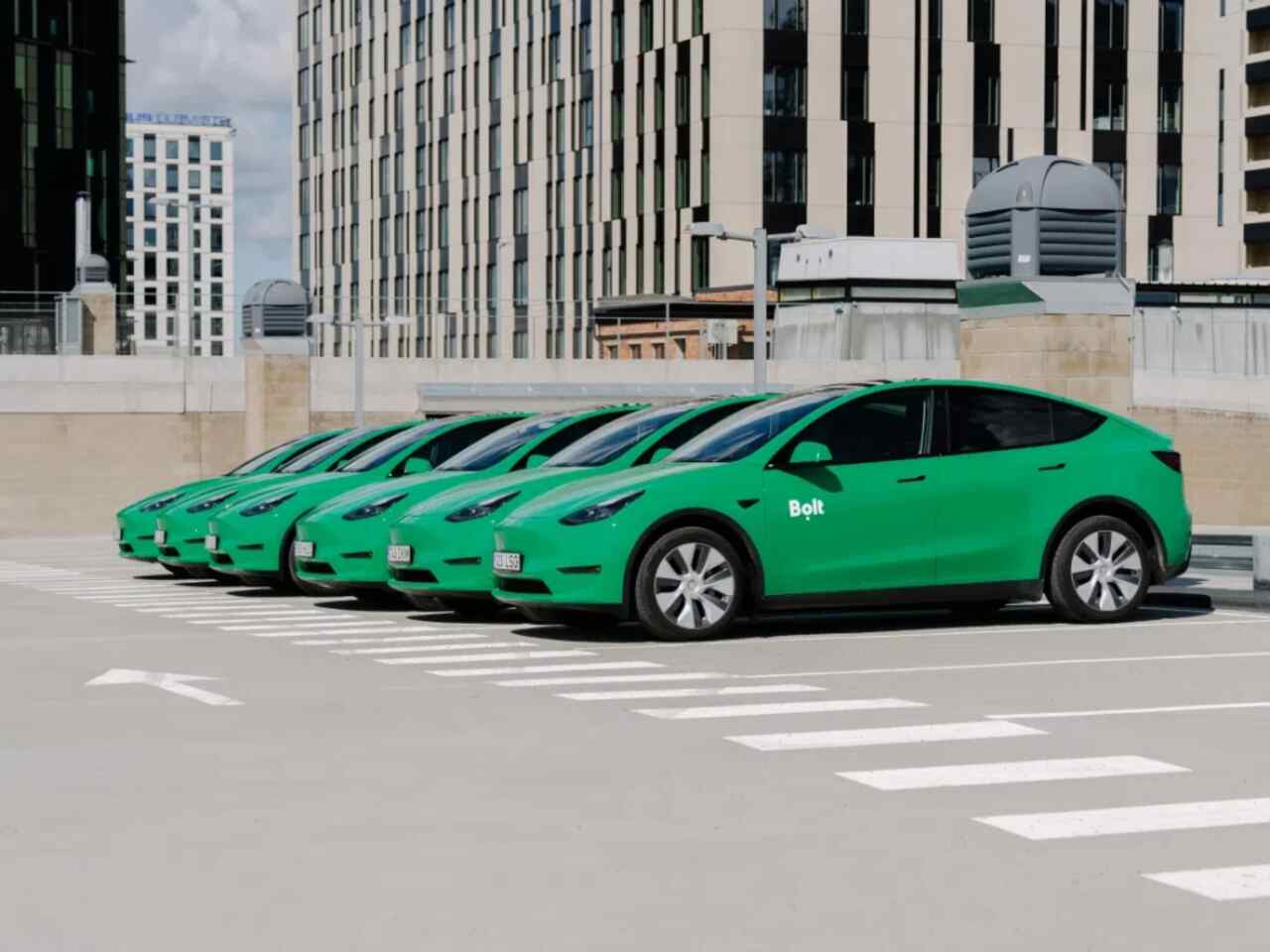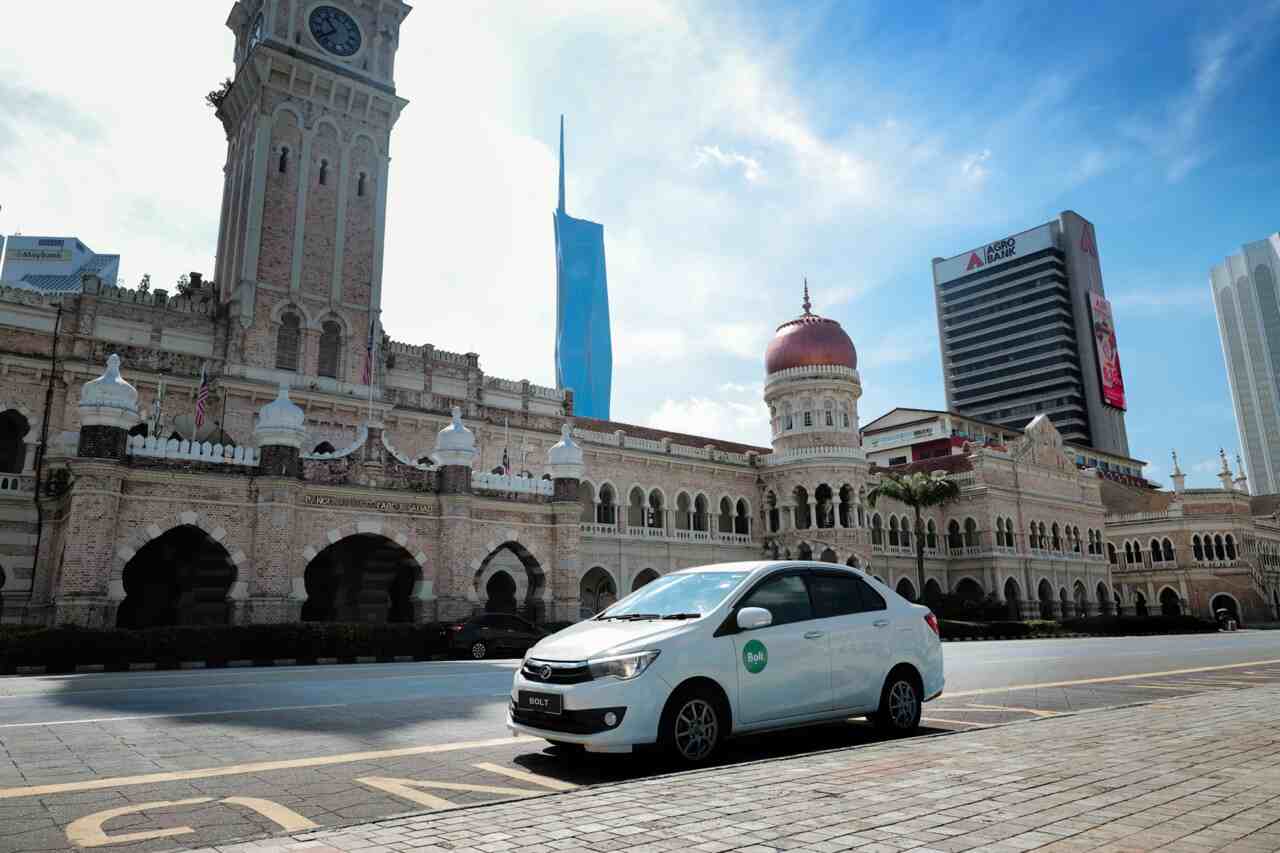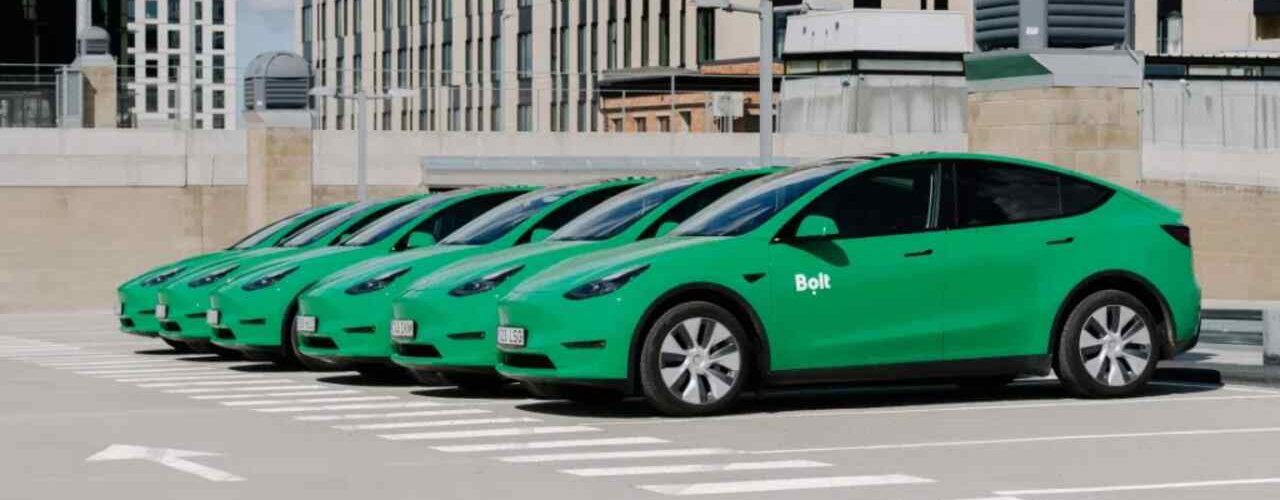The Malaysian ride-hailing market has officially welcomed a new competitor, as Bolt, a European-based ride-hailing service, has launched its operations in the Klang Valley. The company, headquartered in Estonia, aims to provide affordable and eco-friendly transportation solutions while contributing to reducing traffic congestion in Malaysia’s urban centers.

Mission to promote shared mobility
Bolt’s entry into the Malaysian market follows the company’s successful acquisition of a license from the Land Public Transport Agency (APAD). Malaysia becomes the second Southeast Asian country to host Bolt’s services, following its expansion into Thailand. With operations in over 50 countries across five continents, Bolt seeks to bring its mission of building cities that prioritize people over cars to Malaysia.
Afzan Lutfi, the General Manager of Bolt Malaysia, emphasized the company’s commitment to improving urban mobility. “In Malaysia, we’re focused on reducing traffic congestion and encouraging a shift from private car ownership to shared mobility,” Lutfi said. “Bolt aims to make mobility affordable, accessible, and low-emission for both drivers and riders.”
The company’s vision aligns with its core value of creating a sustainable transportation ecosystem while contributing to Malaysia’s growing urbanization challenges.

Competitive pricing and promotions for early adopters
Bolt’s service offerings include standard vehicles, Comfort, XL, and Premium rides, with pricing intended to be competitive within the existing ride-hailing landscape. Initial reports show that Bolt’s fare structure is affordable, with prices starting as low as RM9 for a standard ride, compared to the regular RM17 fare. The Comfort option starts at RM11 (regularly RM22), while the XL and Premium rides are priced at RM16 and RM20, respectively, against regular fares of RM31 and RM35.
To attract riders, Bolt has rolled out promotional discounts to encourage initial usage. New users can enjoy 50% off their first seven rides, capped at RM15 per ride, while existing users can benefit from a 20% discount on up to 20 rides. These promotions are available through November 2024, but they are limited to the Klang Valley, including Kuala Lumpur and Subang Jaya.
Additionally, payment methods currently supported on the platform include cash and debit/credit cards, with e-wallet services not yet available in Malaysia.

Limited service offerings and expansion potential
At present, Bolt’s Malaysian operations focus solely on its ride-hailing services, with no clear indication of plans to expand into other sectors such as food delivery, scooter and e-bike sharing, or car rentals. These additional services are part of the broader Bolt ecosystem in other countries, but Bolt Malaysia has not yet committed to rolling them out locally.
The platform’s user interface is similar to other established ride-hailing apps, making it easy for Malaysian users to navigate the service. Bolt is available for download via both the Apple App Store and Google Play Store, but the company’s promotional efforts have been relatively low-key, with the official launch marked primarily by in-app notifications to users who had already downloaded the app.
While Bolt’s future in Malaysia looks promising, it remains to be seen whether the company will be able to carve out a significant market share from the already established players like Grab. The competitive pricing and focus on sustainability, however, suggest that Bolt may find its niche in Malaysia’s rapidly evolving urban mobility market.











